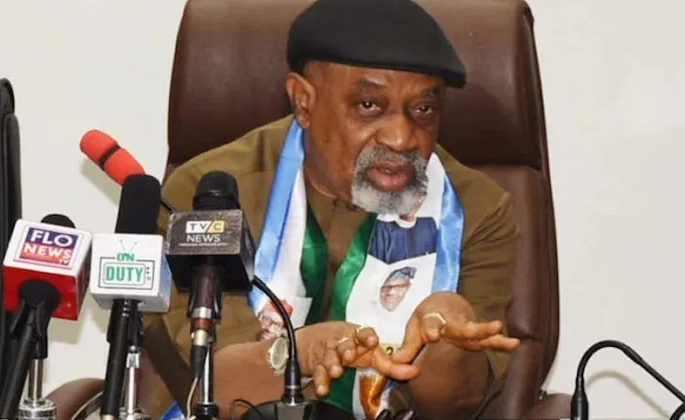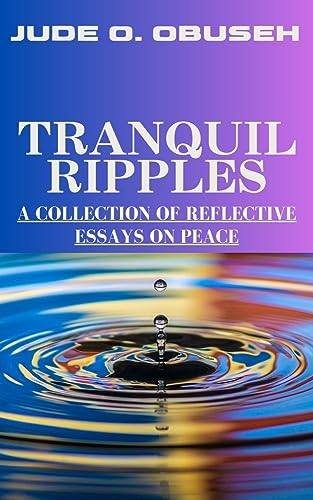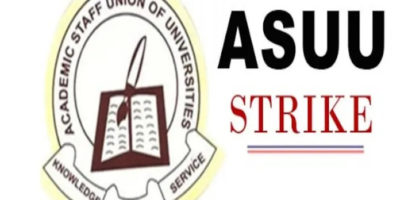Ngige Tackles ASUU Over Delay In Ending Strike

Minister of Labour and Employment, Senator Chris Ngige, has again blamed the Academic Staff Union of Universities (ASUU) for the delay in resolving its prolonged industrial action.
Ngige dismissed as baseless and dishonest, the statement by the University of Jos chapter of ASUU that he was responsible for the prolonged nationwide strike, now in its ninth month.
According to him, ASUU should rather be held responsible for the delay in resolving the dispute.
A statement by Ngige Media Office yesterday said out of compassion, the federal government paid ASUU members’ February to June salaries to cushion the effects of COVID-19 on its members.
He said the federal government further made
every entreaty to them to come on board virtual negotiations, with a view for an early call-off of the strike, to enable students benefit from virtual/online classes, fashionable at the time, and even now, all over the universal academic community, but ASUU bluntly refused.
Regarding the issue of getting a waiver on the government’s no-work-no-pay order, the minister said efforts to lift the order and to get payment approval for the outstanding salaries got stalled because of ASUU’S defiance to continue with the strike.
He said:
It is rather ASUU, which has bluntly refused to reciprocate the federal government’s offers by refusing to either teach, conduct researches or engage in other academic values for which they are paid that should be held responsible.
Strangely, ASUU claims ‘patriotism’ as the basis for this prolonged industrial action, forcing every patriot to raise concern over this weird definition of patriotism by ASUU officials.
November 27, 2020 gentleman agreement with ASUU is not ambiguous. ASUU made a commitment to re-open the universities on or before December 9, 2020 while the Minister of Labour and Employment would get a presidential waiver for ASSU to be paid the rest of their salaries on or before December 9, 2020.
Indeed, the meeting noted that the Minister of Labour and Employment had consulted with the Minister of Education on getting a waiver on the issue of no-work-no-pay as stipulated in Section 43 of the Trade Dispute Act, Cap T8, Laws of the Federation of Nigeria (LFN ) 2004 but a reservation has been made concerning this request because of the continued ongoing strike by ASUU.
Ngige explained that what the federal government expects of ASUU is to return to work while the government works on the memo for the settlement of the outstanding salaries of July to October.
It is, therefore, preposterous for the University of Jos chapter of ASUU under Dr. Maigoro to refer to this concrete steps taken by the federal government as a “promissory note” with which Nigerians shouldn’t expect ASUU to call off the strike,
he said, adding:
Scholars and academics are exemplified by thoughts purified by furnace of empiricist reasoning and not by jaundiced, warped and shallow rationalisations made worse by base media brickbats arising from subjective convictions.
Ngige insisted that the federal government has fulfilled all the demands over which ASUU went on strike on.
He said:
The visitation panels to the universities have been approved by the president and will swing into action once the universities re-open. The office of the Attorney-General of the Federation on the other hand is also rounding off the gazetting of the panels while the National Universities Commission has received the approved list, which will be published later next week.
Also, the revival of the Renegotiation Committee for the 2009 ASUU/FG Agreement demanded by ASUU has been set up by the Ministry of Education with Prof. Munzali as Chairman, replacing the ex-chairman, Dr. Wale Babalakin (SAN).
The new committee is currently meeting.
Similarly, government has also acceded to a hybrid payment platform, which is not hundred per cent IPPIS for the payment of salaries and earned academic allowances/earned allowances, pending the result and conclusion of the integrity and usability test on the University Transparency and Accountability Solutions (UTAS) by the National Information and Technology Development Agency (NITDA)
The minister said the federal government has also processed for payment, N70 billion, comprising N40 billion for earned academic allowances/earned allowances and N30 billion for revitalisation of the universities, explaining that the Accountant-General of the Federation at present awaits the accounts details from the federal Ministry of Education and the National Universities Commission for the remittance.
He pointed out that the government has offset the shortfall in salaries payment to the staff of the Federal University of Technology, Akure and has set in motion through the National Universities Commission (NUC) and the Ministry of Education, the amendment of the NUC Act to stem the proliferation of state universities, which is part of the key demands made by ASUU.
The minister also denied ASUU’S claim that the government was the one delaying the negotiations to end the strike.
According to him,
How for instance does the N70 billion already processed for earned academic allowances/earned allowances and revitalisation look promissory when the Accountant-General of the Federation has written twice to the Executive Secretary of the NUC to advise on account and mode of payment?
How does government bending backwards to reconsider the plight of strikers, and stepping aside no-work-no-pay as contained in Section 43 of the Trade Dispute Act, Cap T8, Laws of the Federation of Nigeria( LFN )2 004 to pay the salaries of university teachers who refused to teach for nine months look absurd?
ASUU members are not above the law of the land, more so when some of them are law teachers and industrial relations experts and are, therefore, expected to know better.
Need, therefore, for students, parents and all Nigerians to evaluate the insouciance and so-called patriotism of ASUU against the determined efforts of the federal government towards the re-opening of the universities.

Justin Nwosu is the founder and publisher of Flavision. His core interest is in writing unbiased news about Nigeria in particular and Africa in general. He’s a strong adherent of investigative journalism, with a bent on exposing corruption, abuse of power and societal ills.













